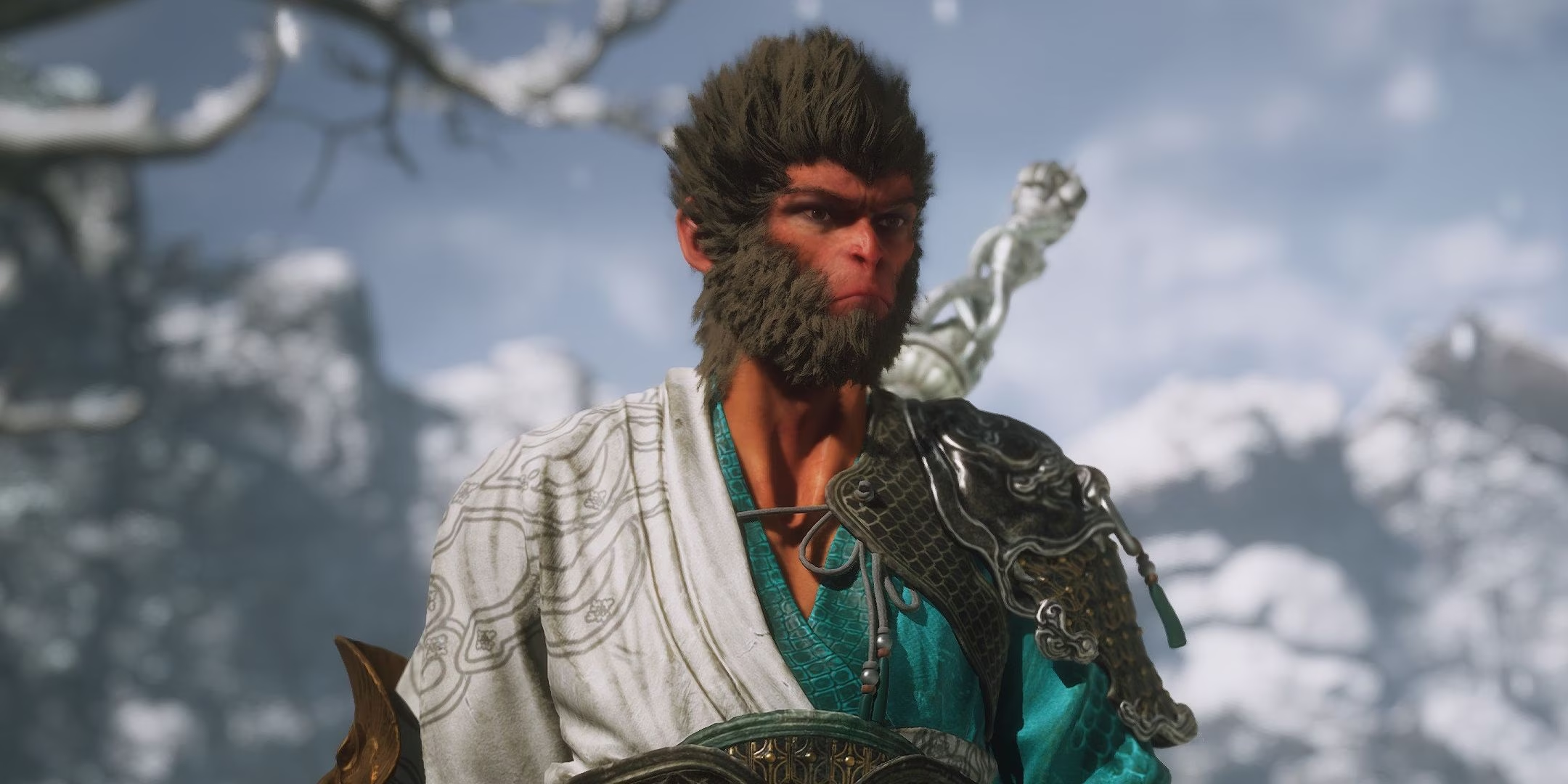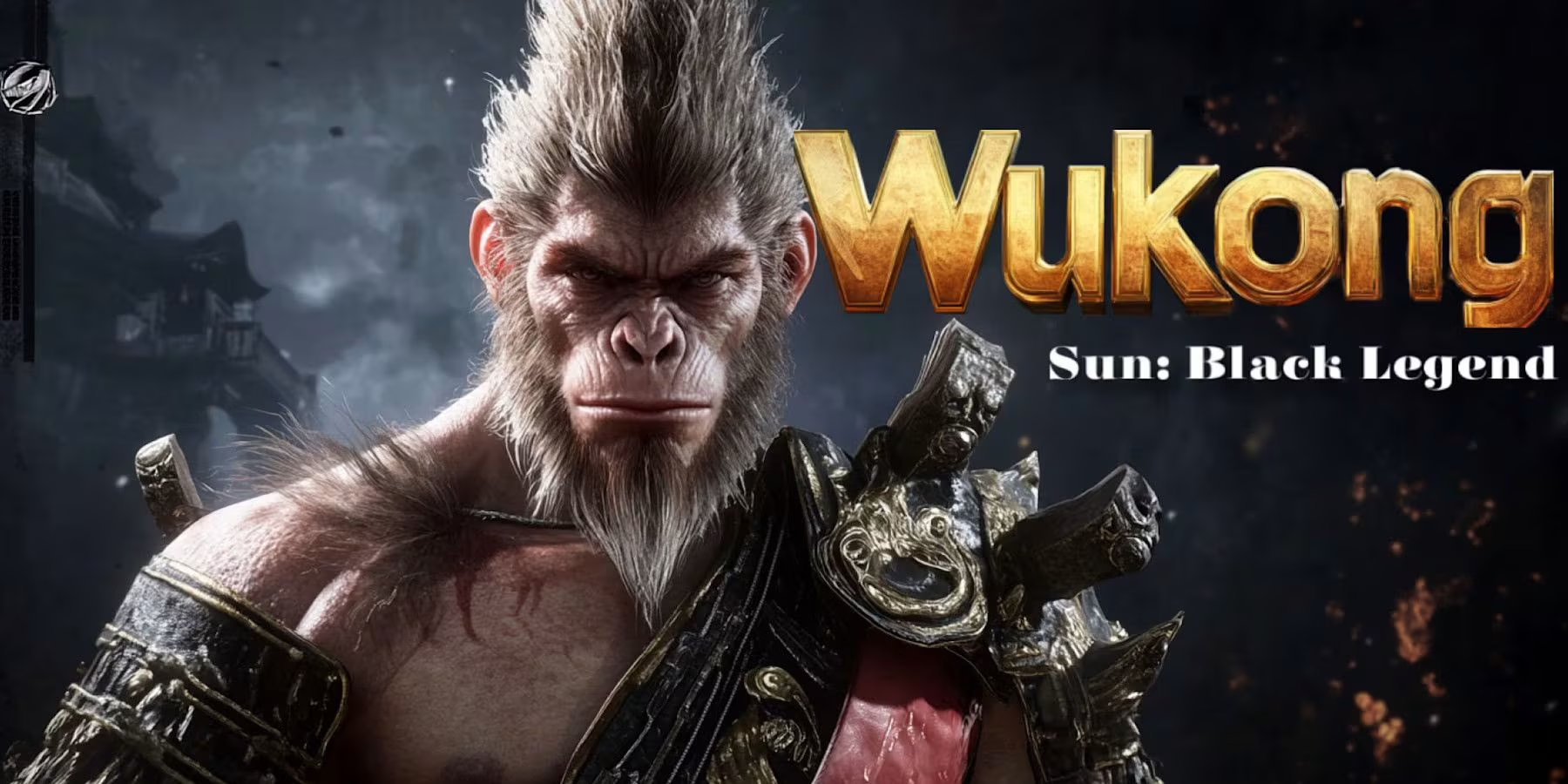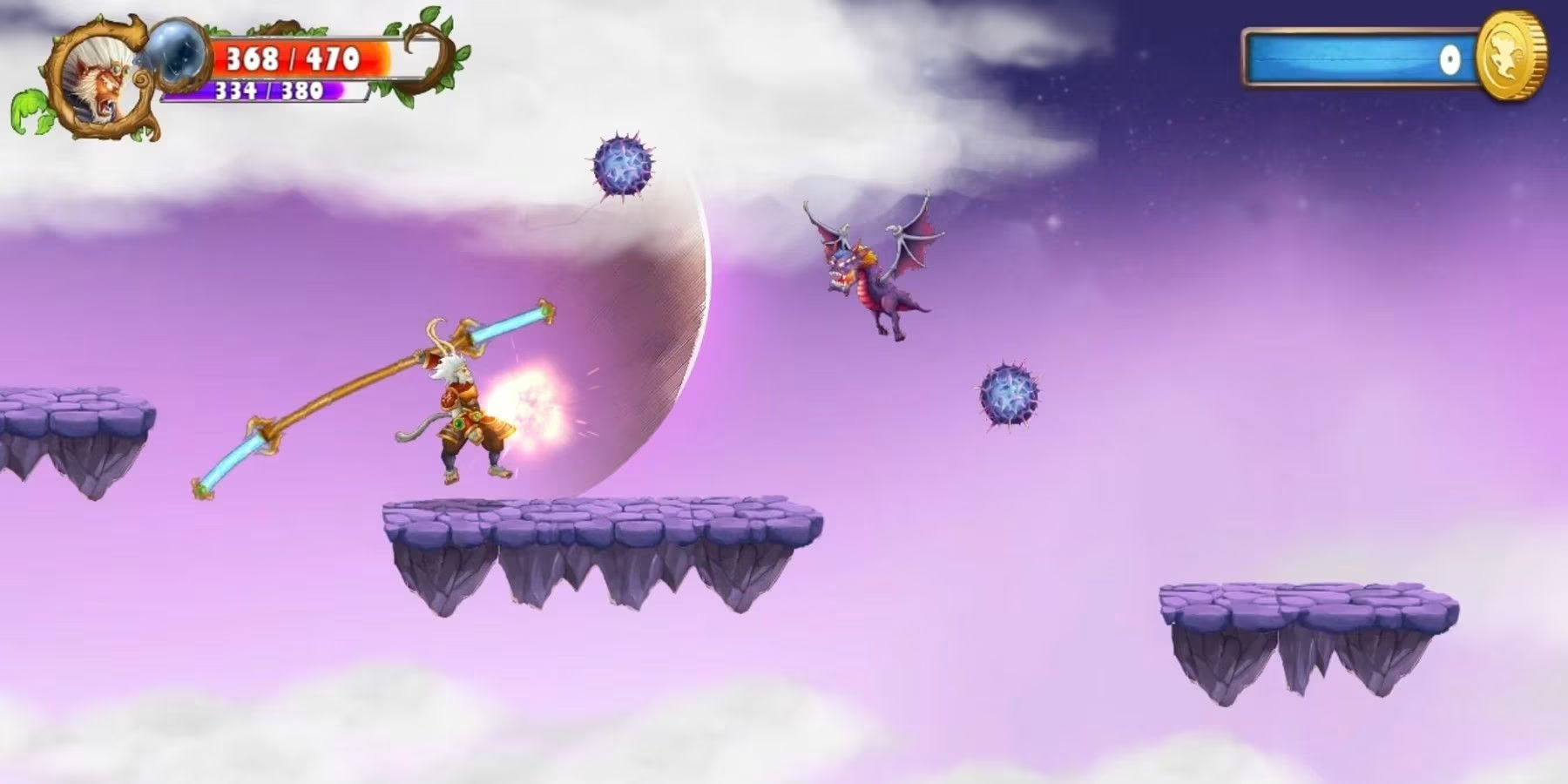Wukong Sun's Suspicious Rise and the eShop Copycat Phenomenon
Discover how Black Myth: Wukong's award-winning visuals sparked controversy with Wukong Sun: Black Legend, highlighting issues of mimicry and creative integrity in gaming.
The gaming world still vividly remembers the triumph of Black Myth: Wukong at The Game Awards 2024, where its breathtaking visuals and innovative take on Journey to the West mythology captured multiple awards. Yet within weeks of that glorious moment, a shadow emerged on the Nintendo eShop—Wukong Sun: Black Legend. This suspicious newcomer sparked immediate controversy, its title and cover art bearing an uncanny resemblance to the award-winning phenomenon. Gamers worldwide felt a collective sense of déjà vu mixed with disappointment, wondering if this was homage or outright exploitation. The timing felt calculated, riding the tsunami of Black Myth's success while testing the boundaries of creative integrity. 
A Monkey of Many Faces
Upon closer inspection, Wukong Sun: Black Legend revealed itself as a stark departure from its apparent inspiration. Instead of Black Myth's cinematic action RPG grandeur, screenshots depicted a cartoonish 2D platformer—a jarring contrast to the "packed battles, stunning environments, and legendary foes" promised in its store description. The visual parallels were impossible to ignore though; the anthropomorphic monkey protagonist struck an uncomfortable echo of Black Myth's Destined One, while the scrambled title structure (swapping "Myth" for "Legend") felt like linguistic sleight of hand. Observers couldn't shake the sensation that this was less a celebration of Chinese folklore and more a cynical marketing ploy.
Community Backlash and Legal Gray Zones
Fan reactions erupted across forums with blistering intensity. On platforms like ResetEra, players derided Wukong Sun as "Black Myth: Wukong at home" and a "shovelware cashgrab," their frustration palpable. Beneath the mockery lay genuine concern about the eShop's vulnerability to such tactics. Interestingly, some noted the legal ambiguity—Journey to the West being public domain meant superficial imitation wasn't technically unlawful, yet this justification felt hollow against the game's overt mimicry. The debate highlighted how intellectual property protections struggle against cultural archetypes, leaving gamers questioning where homage ends and exploitation begins. 
Pattern of Mimicry on the eShop
Wukong Sun was sadly unexceptional in its approach. History repeated itself through earlier eShop controversies:
| Copycat Title | Original Inspiration | Outcome |
|---|---|---|
| The Last Hope: Dead Zone Survival | The Last of Us | Removed after backlash |
| Multiple "Unpacking" clones | Unpacking (indie hit) | Pulled following developer outcry |
| Wukong's Child: Monkey King Myth | Black Myth: Wukong | Still available despite superficial ties |
Even within the Wukong mythos alone, this marked the third such title since Black Myth's August 2024 debut. The only exception—Sun Wukong VS Robot—stood apart as an authentic 2021 Metroidvania, its originality ironically making it a bargain at $2.49. This pattern suggests either lax curation or systemic flaws in digital storefronts, breeding player skepticism about game discovery. 
Reflections on Digital Marketplaces
A year later, the ripples from this incident linger. While Black Myth: Wukong solidified its legacy with expansions and accolades, Wukong Sun's December 2024 release faded into obscurity—a cautionary footnote about shortcut-driven development. The episode exposed how easily nostalgia and cultural touchstones can be weaponized for quick profits, especially on platforms with porous quality filters. Players now approach similar-looking titles with heightened wariness, their trust eroded by repeated encounters with hollow imitations. Yet an uncomfortable question persists: If public domain stories invite endless reinterpretation, who arbitrates artistic sincerity? The line between inspiration and impersonation remains frustratingly blurred, challenging consumers and creators alike in our rapidly evolving gaming landscape.
